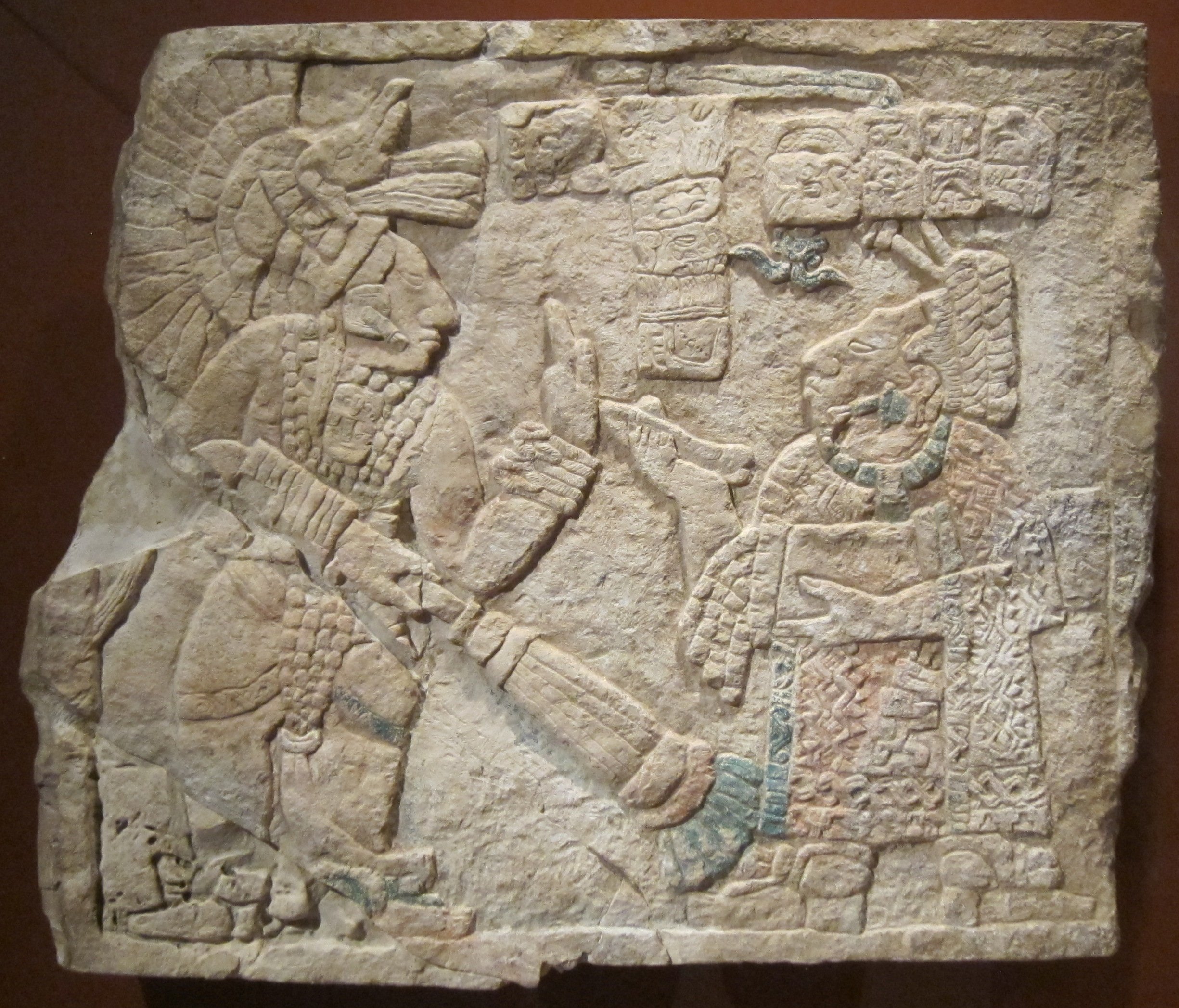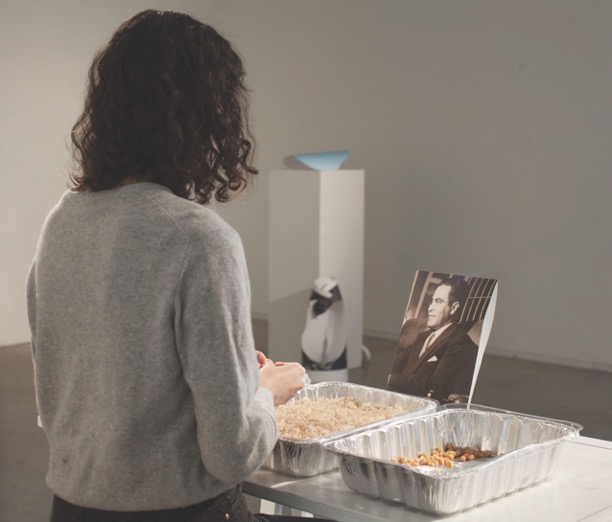
Author: Genevieve DeLeon 
Genevieve DeLeon is an artist, poet, and MFA graduate from Cranbrook Academy of Art, where she worked under the direction of Beverly Fishman. Her work has been exhibited at DC Artspace, Tessellate Gallery, Forum Gallery, and the Washington Studio School.
She received a BA in English Literature from Columbia University and worked as managing editor of Poet Lore magazine, America’s oldest continuously published poetry journal. Her poems have appeared in Poetry Quarterly, Ekphrasis, and Poet Lore.
She is currently an AICAD Post-Graduate Teaching Fellow at the Minneapolis College of Art and Design.
Artist Statement:
I draw to transfigure my personal experience as a queer woman of color into a broader inquiry into the workings of the psyche in the construction of identity. Informed by my training as a poet, I install these drawings alongside other mixed media works to create a kind of “narrative architecture,” which spatializes strains of interrelated thought across visual and linguistic mediums. Invested in research-based and intuitive approaches to this inquiry, my installations metabolize the “theoretical” and “historical” as well as my own creative writing, dream journaling, and memory work. I aspire for these works to traffic between the scholarly and the bodily and to operate as theory “in the flesh” as called for by Chicana writers Gloria E. Anzaldúa and Cherríe Moraga.
A semester in college studying under Kara Walker deeply influenced me. Her exploration of the psychosexual implications of slavery guides my desire to understand the interpersonal dynamics that hinder self-determination. On one hand, I aim to pose questions about collective realities through the personal and often adopt the confessional mode to work outward from within. But I also do the opposite: essentialize history into gestures and archetypal figures that make sense of and give meaning to my individual experience, which, otherwise, threatens to remain inscrutable. In that way, my work allows me to engage with a mythmaking that understands the personal and historical to be mutually constitutive.
